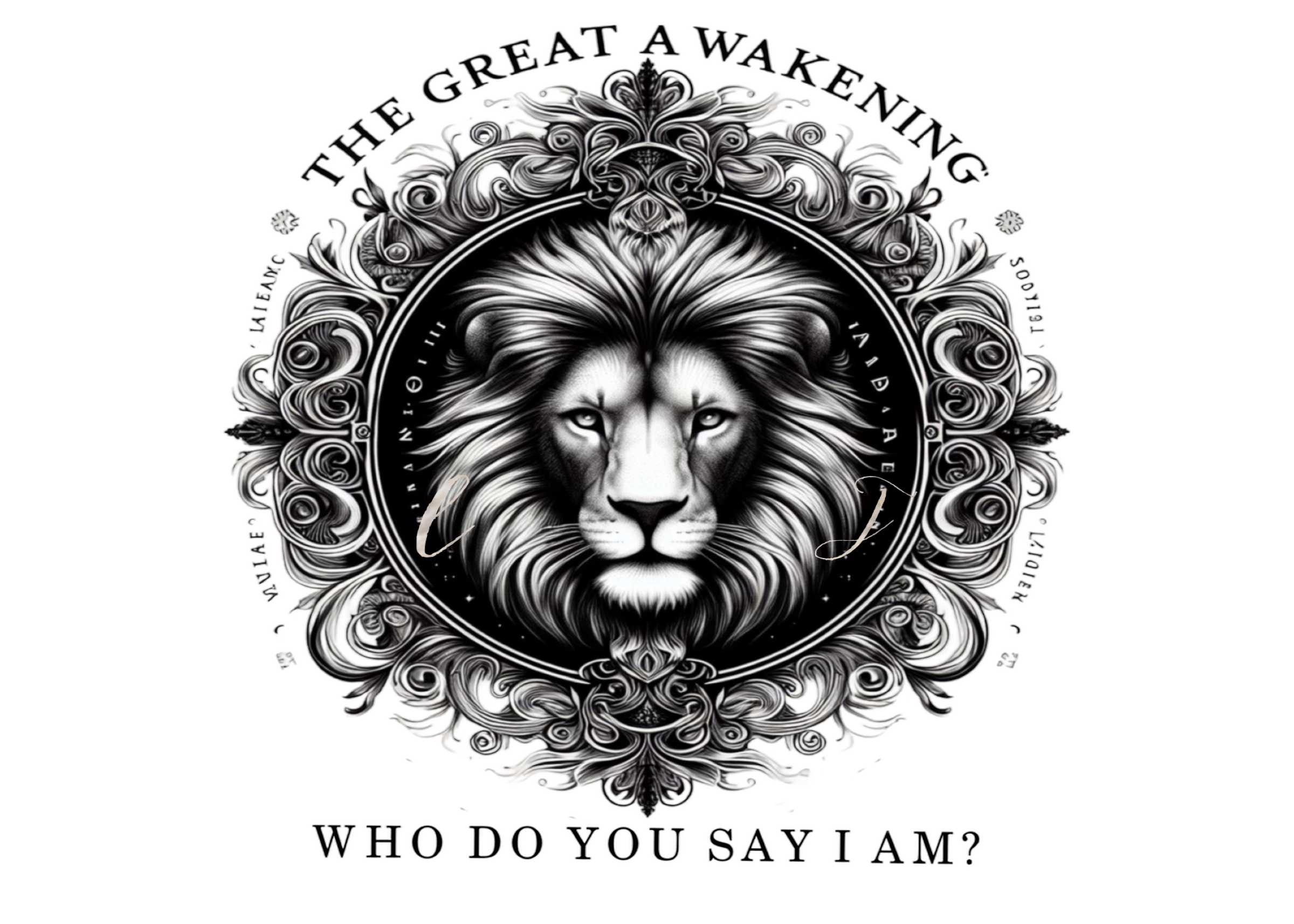Societal fragmentation is the dissonant breaking apart of a collective whole, like a once unified tapestry slowly unraveling thread by thread. It is the process in which shared values, experiences, and connections are eroded, leaving behind scattered pieces of what once was. At its core, societal fragmentation manifests in the growing divisions between groups, individuals, and communities, as the fabric that binds society together weakens, leaving gaps where unity once existed.
In a fragmented society, the lines between people seem to grow longer, and the spaces between us wider. We see it in the increasing polarization of political ideologies, the growing economic inequality that creates chasms between the rich and the poor, and the way cultural identities are often pitted against one another, each group retreating into its own corner, casting suspicion or even disdain upon the other. This fragmentation is not only a matter of visible divisions but is also deeply felt in the psyche of the collective, where trust in one another, in institutions, and even in the ideals of shared humanity, begins to fade.
The sources of societal fragmentation are complex, woven from threads of historical, cultural, and technological shifts. Rapid advancements in technology, for instance, have transformed how we connect with each other, often making these connections more superficial or distant. Social media platforms, while offering the illusion of closeness, also amplify echo chambers where like-minded individuals reinforce their beliefs and reject opposing views, further deepening the divide. Moreover, the fast pace of modern life, with its emphasis on individualism and personal success, often leads to a disconnection from community and collective purpose, leaving people feeling isolated even in crowded spaces.
Economically, fragmentation is exacerbated by the widening gap between the affluent and the disadvantaged. As wealth becomes increasingly concentrated in the hands of a few, entire swaths of the population are left marginalized, struggling for access to education, healthcare, and opportunity. This economic inequality feeds into social divides, as those with more resources often live in separate worlds from those without, creating a sense of ‘us versus them’ that undermines empathy and mutual understanding.
At its worst, societal fragmentation breeds distrust and fear. As we retreat further into our own bubbles, we lose the ability to empathize with others who are different from us, viewing them as threats rather than allies in the shared human experience. The bonds of community—those invisible threads that tie us together—begin to fray, and the world starts to feel smaller, colder, and more fragmented with each passing day.
Yet, amidst the challenges of societal fragmentation, there is also hope. The awareness of this fragmentation offers the possibility of healing, of stitching together the broken parts. It begins with a shift in perspective—recognizing the importance of empathy, understanding, and shared responsibility. By seeking to bridge the divides, to engage in authentic conversations, and to work together towards common goals, we can begin to mend the fabric of society. Just as a patchwork quilt is made beautiful through the careful joining of diverse pieces, a fragmented society can find strength in its diversity when each piece is valued, respected, and allowed to contribute to the whole.
In the end, societal fragmentation is a mirror reflecting the challenges we face in an increasingly complex and interconnected world. It serves as both a call to action and an invitation to rebuild, to weave together the broken threads and restore the unity that is the foundation of a thriving,
